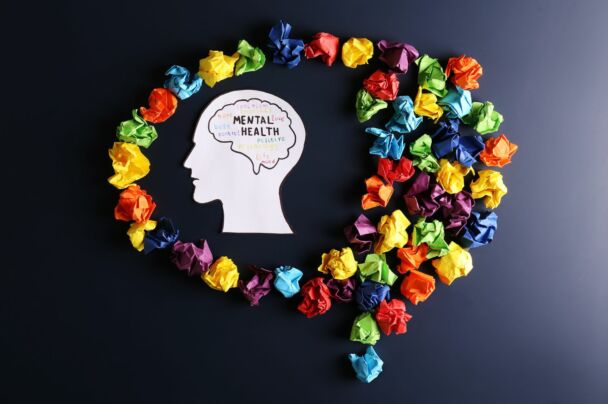Description
Many teachers and students experience mental health problems without being aware of them. For this reason, it is important for teachers to have good mental health literacy and to be aware of some tools and strategies that can help both themselves and their students.
The main objective of this course is to help teachers develop their mental health awareness in order to have a better understanding of mental health and to identify and implement appropriate support strategies.
During the course, participants will learn how to identify the risk factors, causes, and presentations of common mental health issues. The links between childhood development, academic performance, and mental health will be explored.
Participants will learn about various counseling concepts and how to apply them to help their students along with various tools and techniques to support their students‘ mental health. The importance of teacher well-being and self-care strategies will be an integral aspect of the course.
By the end of this course, participants will have developed their mental health awareness. Combining theory and practical interventions, participants will be better equipped to help students who present with mental health issues.
Participants will also gain a deeper understanding of how to manage their own mental health as a teacher.
What is included
Learning outcomes
The course will help the participants to:
- Develop their mental health awareness;
- Understand mental health issues;
- Implement appropriate support strategies;
- Foster teacher well-being.
Tentative schedule
Day 1 – The teacher’s perspective
- Introduction to the course, the school, and the external week activities;
- Icebreaker activities;
- Presentation of a cultural artifact of your region;
- The role of the teacher in mental health;
- The barriers to mental health for students;
- Exploration of existing knowledge, skills, and practices.
Day 2 – Developmental psychology
- Childhood development, mental health, and academic performance;
- Early life stages and their challenges.
Mental Health Literacy
- Recognizing specific types of mental distress;
- Risk factors and causes of mental distress;
- Attitudes that facilitate appropriate help-seeking;
- How to seek mental health information.
Day 3 – Lesson from counselling Part I
- Carl Rogers – Person-Centred Therapy;
- Theoretical underpinning;
- Practical implications for your students.
The PERMA+ Model: A theory of Wellbeing
- Positive emotion;
- Engagement;
- Relationships;
- Meaning;
- Accomplishments.
Day 4 – Lessons from counseling Part II
- Cognitive Behavioural Therapy (CBT);
- Theoretical underpinning;
- Practical implications for your students.
Mindfulness
- What is mindfulness;
- Bringing mindfulness into your life;
- Applications for the classroom.
Day 5 – The healthy mind platter
- Practicing Gratitude;
- Choice Theory;
- Self-esteem boosting exercises.
Day 6 – Course closure and cultural activities
- Course evaluation: round-up of acquired competencies, feedback, and discussion;
- Awarding of the course Certificate of Attendance;
- Excursion and other external cultural activities.









